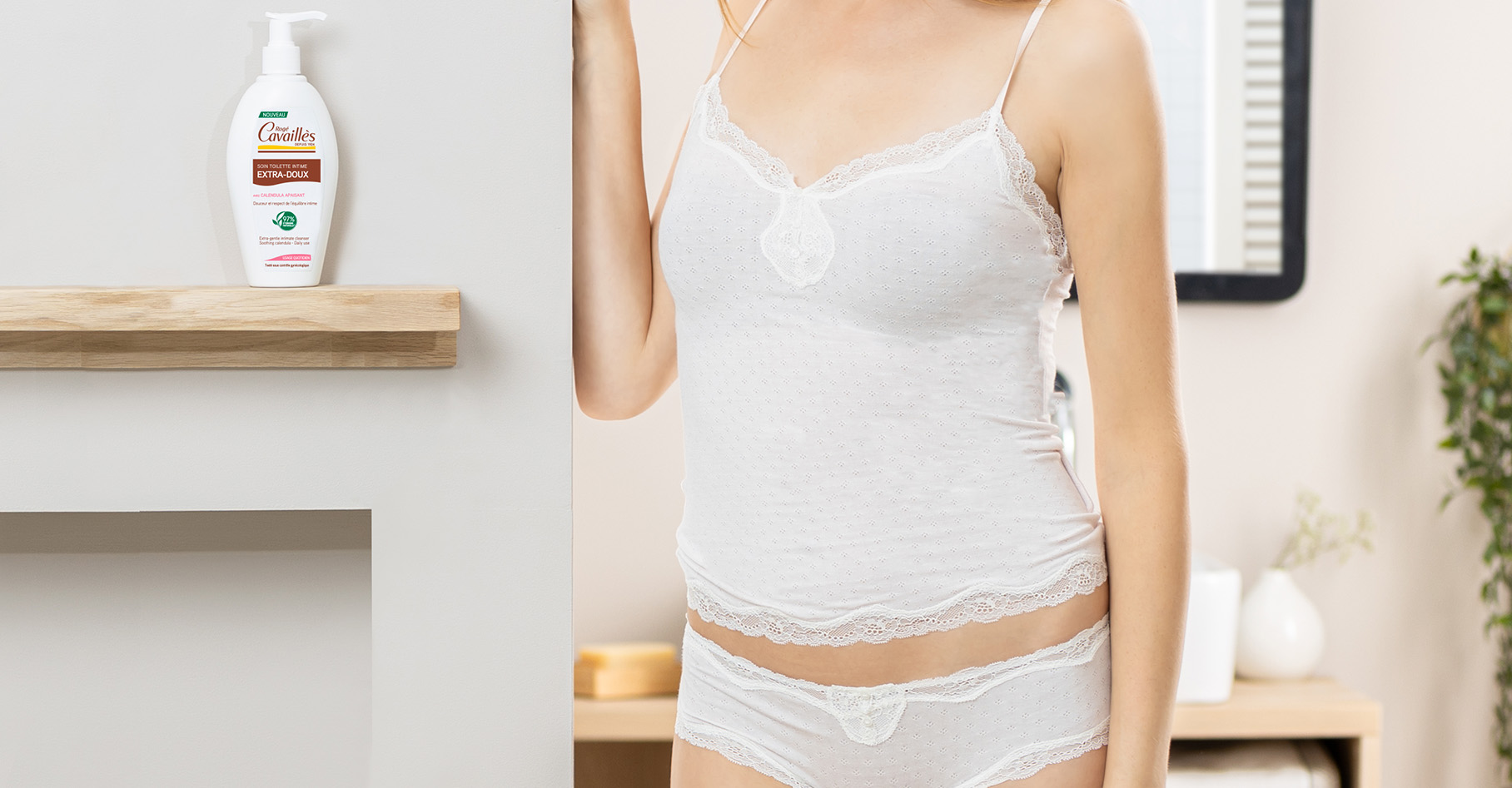Sport and intimate hygiene

Since a sedentary lifestyle is our worst enemy, any type of sports activity is beneficial to our health. Exercice strengthens the muscles and bones, protects the heart and arteries, limits weight gain, reduces the risk of certain cancers, particularly breast cancer, protects the brain which is better irrigated and improves mood.
However if exercise is prolonged or intense, it can be spoilt by feelings of discomfort and even irritation in intimate areas.
To limit this type of irritation, simply follow this advice:
Before any type of sport activity which causes perspiration (jogging, endurance sports, etc.), you should do all you can to prevent the consequences of maceration and friction:
– Wear underwear from 100% cotton rather than synthetic materials like Lycra or latex.
– Do not wear trousers or shorts that are too tight because they promote dampness, heat and maceration and can compress the vulvar region. They should also be loose enough to let air circulate and moisture evaporate.
After sport take a shower to freshen up and sooth any irritation caused by the friction. Normal shower gels are suitable for the entire body except this intimate area which should be washed with care because its pH is more acidic and must be respected:
– Use a mild cleanser with a physiological pH. It will have an immediate soothing effect and bring a welcome freshness to the area after the exertion.
– Rinse with clean water and dry the area by patting and not rubbing.
– After showering put on clean underwear.
Immediately after swimming in a swimming pool take a shower to remove all traces of chlorine, which irritates the mucous membranes. If you can’t do this straight away, you can use soothing intimate wipes chosen with care. It is strongly advised not to keep a wet swimsuit on for too long.
The reason we stress the importance of maceration and friction is because they promote fungal infections, which are likely to cause unpleasant itching and pain. If these precautions aren’t taken, exercising can temporarily unbalance the vulvovaginal flora.



